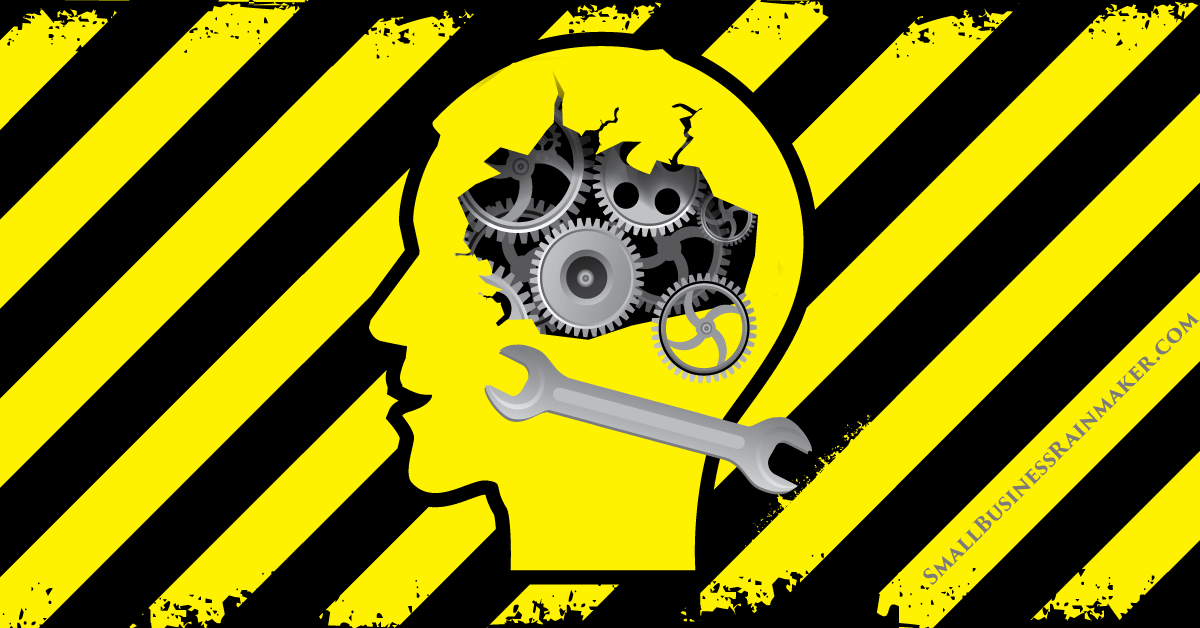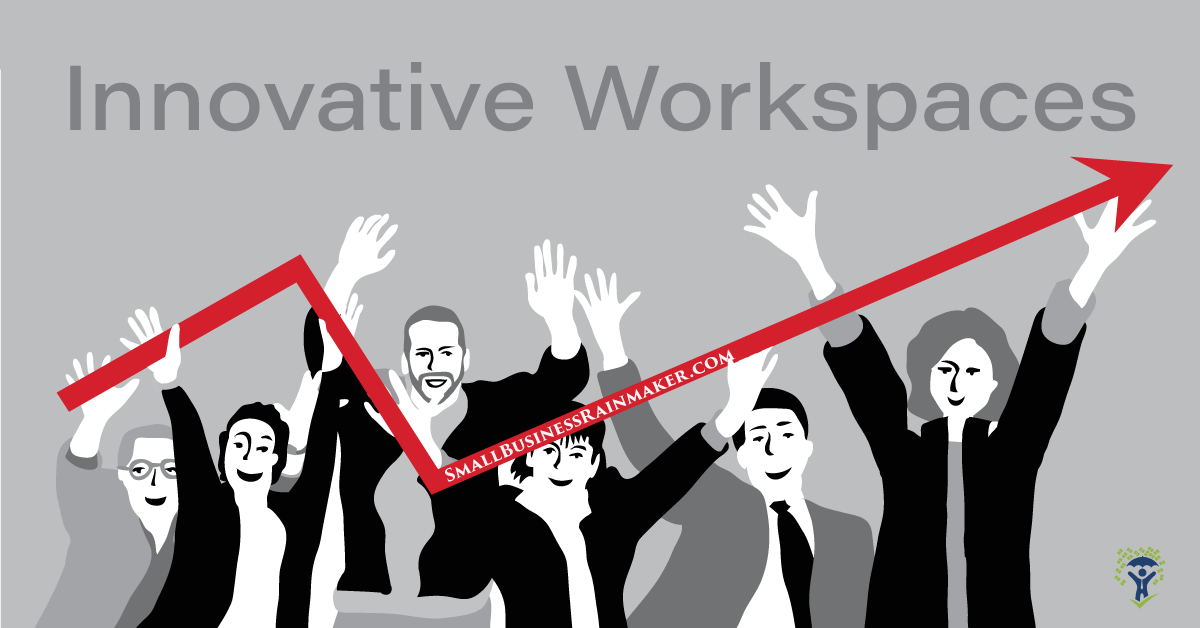
Managers have the responsibility to ensure that their workplaces are conducive environments to maximize the potential of the individuals working there. Managers may also have significant roles in ensuring the mental health of their employees.
This can be challenging, considering that each individual has his or her own personality, agenda, self-esteem level, and response to social stimuli.
A Manager's Role in Mental Health and Work
According to Mental Health America, there are more than 44 million adults in the U.S. with a mental condition. One misconception is to equate mental health with being clinically insane. The majority of mentally ill people are functioning adults. They are part of a diverse, multi-generational labor force who struggle with depression, anxiety, eating and sleeping disorders, and substance abuse.
In 2018, the International Foundation of Employee Benefits Plan (IFEBP) revealed that 60 percent of U.S. and Canadian companies have reported an increase in the number of employees with mental health issues and substance abuse compared to three years earlier.
Top Mental Health Issues in the Workplace
Meanwhile, four in ten of U.S. companies said that their employees are highly stressed, and the levels are the highest in years. According to the IFEBP survey, the top mental health issues suffered by employees are:
1. Depression
2. Alcohol abuse disorder
3. Anxiety
4. Addiction to prescription drugs
5. Addiction to illicit (illegal) drugs
6. Bipolar disorder
7. Eating disorders
8. Attention deficit disorder
9. Post-traumatic stress disorder (PTSD)
10. Autism
Caring for the well-being of employees is more than just good business operations management. It illustrates that workplaces care about each employee as a person.
It also ensures that employees are mentally and physically fit to work, which can help prevent potential revenue loss. It can inspire loyalty and retention and spare the time and energy needed to interview, hire, and train new employees.
Labor force surveys conducted in the European Union found that workplaces in the region lost £13 billion because employees called in sick or lost productivity due to mental health issues.
For example, salespeople may be already stressed because they are trying to meet quotas imposed by their companies. The salespeople’s managers have the responsibility to treat those employees well and make sure that they have all the support they need. Otherwise, one of the major sources of stress for employees may be their supervisors.
A Gallup survey revealed that more than seven in ten employees quit their jobs because of their managers. Salaries may not determine whether employees stay in their current positions, but their working environments may.
Helping Employees with Mental Health and Substance Abuse Problems
Managers need to strike a balance between caring for their employees and not getting too personal. In many workplaces, people develop close friendships with each other.
But, for some people, substance abuse problems and mental issues are still taboo topics. Many people who are dependent on drugs are secretive about their habits for fear of being stigmatized and alienated.
As a manager, it is your job to be proactive and learn information on stress, depression, anxiety, and substance abuse. This is one way to spot red flags and arrange immediate help.
You can help your employees by:
1. Letting everyone know that your workplace is a drug-free workplace. Random drug tests may be required for your employees if they want to continue to work.
2. Reminding them that help is available if they need assistance to address their mental health issues or substance abuse problems. Work with human resources to develop health and wellness programs emphasize prevention.
3. Explaining the employee assistance programs, private health insurance and no-cost support groups that are available for employees struggling with mental health problems.
4. Focusing on finding solutions when problems arise. Addressing problems sooner rather than later can help your employees and the workplace recover sooner.
5. Dealing problems rationally and devoid of emotion. It is important that you suspend judgement and hold your criticism in order to help employees decide what to do next.
6. Being consistent and applying your human resources department's policies. Some companies give employees additional chances, while others automatically terminate employees if they have failed drug tests and pose a risk to safety.
7. Monitoring the existing work and productivity of employees. If an employee's quality of work suddenly drops without any obvious reason, the employee could be encountering problems.
8. Making everybody accountable for each other's behavior. Each person should understand that they are all like cogs in a wheel. Everyone needs to perform their functions properly for the wheel to continue rolling. A weak part can have disastrous consequences.
The role of managers is to ensure that the culture of the organization promotes support and open dialogue and recognizes the value of each employee. Managers should lead by example in promoting this culture of openness, and mental health policies should reflect this. The workplace is already a high-pressure environment without managers adding to the stress.
Our guest author Dale Vernor is a writer and researcher in the fields of mental health substance abuse for Monarch Shores in California. Dale writes about mental health and substance abuse to help lift the stigma associated with both. Dale believes that starting conversations about these topics will help more people feel comfortable about discussing their mental health issues. When not working you can look for Dale on your local basketball court.











![The Top Female Founders Around the World [Infographic]](https://www.smallbusinessrainmaker.com/hubfs/images/Blog/top-female-founders-around-the-world.png)



Leave a comment